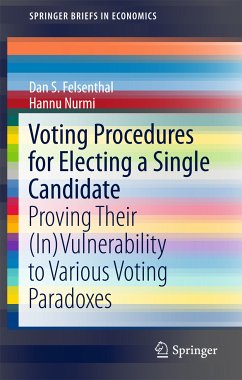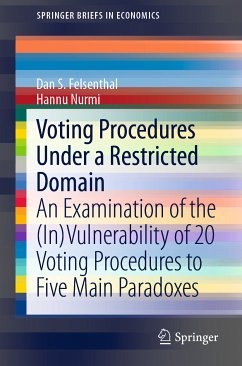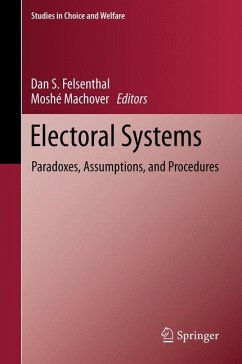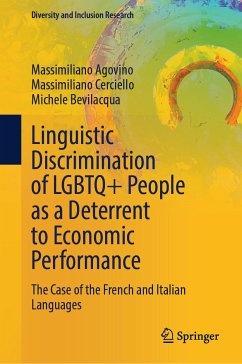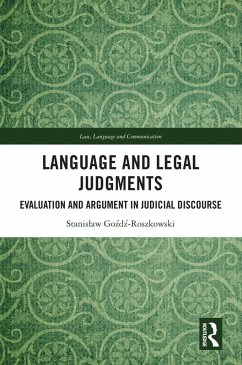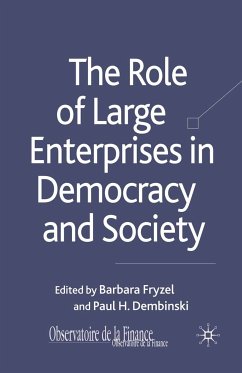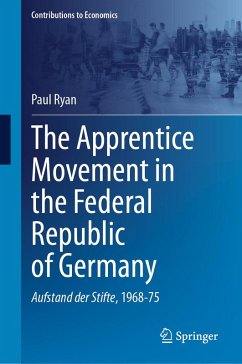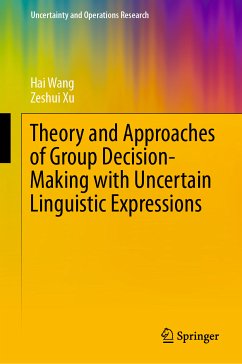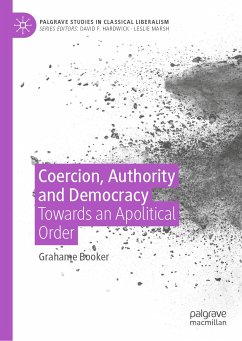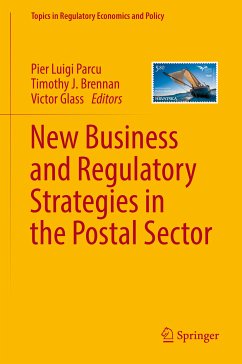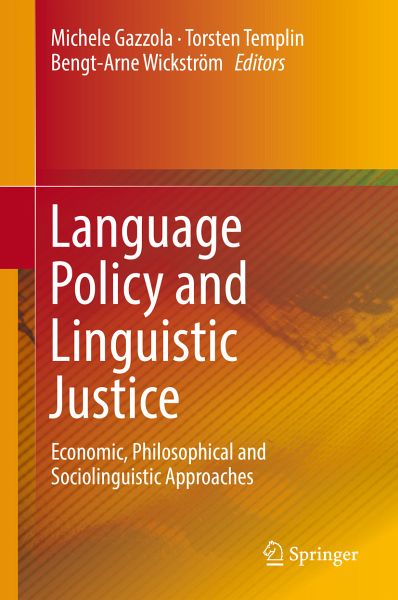
Language Policy and Linguistic Justice (eBook, PDF)
Economic, Philosophical and Sociolinguistic Approaches
Redaktion: Gazzola, Michele; Wickström, Bengt-Arne; Templin, Torsten
Versandkostenfrei!
Sofort per Download lieferbar
167,95 €
inkl. MwSt.
Weitere Ausgaben:

PAYBACK Punkte
84 °P sammeln!
Studies the socio-economic effects of language policies with a special focus on inclusion, participation, and justice
Offers a truly interdisciplinary perspective on the economic, political, philosophical, and sociolinguistic issues raised by the management of linguistic diversity
Presents findings that are relevant for decision-making on a national and international level
First book on linguistic justice from an economic perspective
Offers a truly interdisciplinary perspective on the economic, political, philosophical, and sociolinguistic issues raised by the management of linguistic diversity
Presents findings that are relevant for decision-making on a national and international level
First book on linguistic justice from an economic perspective
Dieser Download kann aus rechtlichen Gründen nur mit Rechnungsadresse in A, B, BG, CY, CZ, D, DK, EW, E, FIN, F, GR, HR, H, IRL, I, LT, L, LR, M, NL, PL, P, R, S, SLO, SK ausgeliefert werden.



